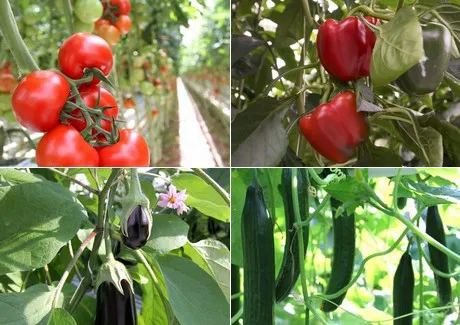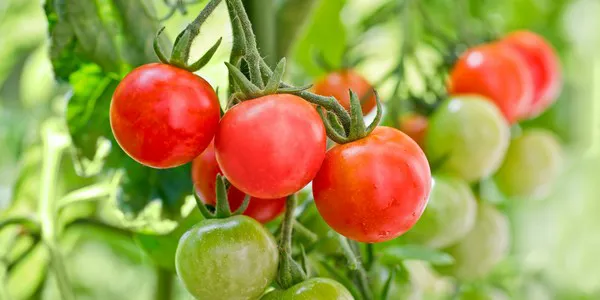From a commercial perspective, most Belgian fruit-vegetables are doing quite well. "If it were a normal year, we wouldn't complain about how things are going for cucumbers, tomatoes, and bell peppers," says BelOrta's Maarten Verhaegen. "Tomato prices, for example, are decent for the time of year. But, given the increased production costs, grower margins are under such pressure and things remain very challenging for them."

"There are currently ample tomatoes on the market, and prices are holding up quite well. That's mainly because Southern Europe is struggling to produce sufficient volumes. Spain and Italy are having genuine availability and quality issues. That's even leading to us receiving an unusual number of calls from southern Europe for produce."
"Energy problems and the heat aside, there are also simply fewer tomatoes at present. My sources tell me the challenging past years have caused several small growers to quit. All these factors mean we hope to get through the season relatively well with Belorta tomatoes. That doesn't mean it's not challenging for our growers, but it benefits pricing," Maarten explains.
Very few of certain varieties
Dutch and Belgian tomato production will be lower this fall than in other years. "I expect limited availability of certain tomato, especially between week 50 of this year and week 7 of 2023. Due to the gas prices, planting will take place later and/or with less lighting. That will affect volumes. Fortunately, we have some fall crops of the vine and loose, round tomatoes. So, these will still be available, although probably also to a lesser extent."

According to Maarten, eggplant and zucchini are not faring particularly well either. "With eggplants, we can't quite put our finger on why. Nobody seems to know. Is it because of the slight increase in acreage or the somewhat lower consumption due to the warm weather? Who knows. With zucchini, the problem is clear."
"Two years ago, when prices were good, several open-field growers jumped on the zucchini bandwagon. As a result, too much has been added, leading to a surplus. Add higher zucchini consumption during cooler weather to that, and you can quickly conclude that this product is struggling," he says.
Switching to other crops
Another noticeable trend is that tomato specialists, especially in the Netherlands, are switching to different crops. "In Belgium, the energy issue is slightly different than in the Netherlands. There, several farms are already switching from tomato specialties to large vine tomatoes or even other products like strawberries. They do so because of efficiency, lower personnel costs, and lower energy consumption."
"We'll do everything we can to keep all types of tomatoes available, but these shifts are inevitable. In the coming weeks, growers will have to decide what to do for next season. Dutch and Belgian retail has a role to play here. Our growers can genuinely use all the support the trade sector can give. And I think some kind of commitment is certainly needed to allow us to continue offering the full range of local products," Maarten concludes.
For more information: Maarten Verhaegen
Maarten Verhaegen
BelOrta
120 Mechelsesteenweg
B-2860, Sint-Katelijne-Waver, Belgium
Tel: +32 (0) 155 51 111
Email: info@belorta.be
Website: www.belorta.be
